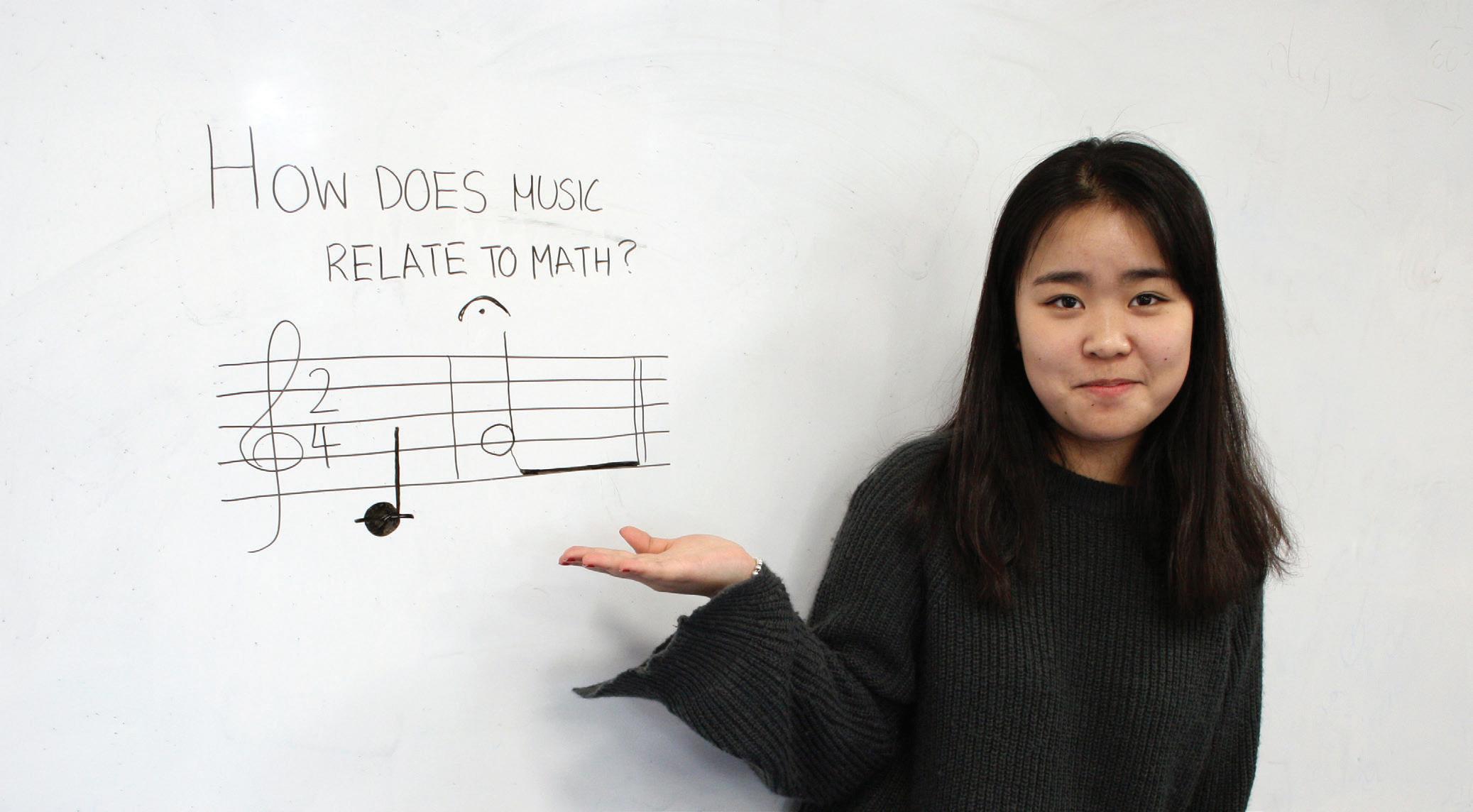Curriculum, learning and teaching
Are IB students prepared to defend against ‘fake news’? Shane Horn on encouraging critical thinking ‘The IB prepares students to succeed in a world where facts and fiction merge in the news, and where asking the right questions is a crucial skill that will allow them to flourish long after they’ve left our programmes’ reads a statement on the website of the International Baccalaureate (IB), with a link to a section about the IB Diploma Programme critical thinking course Theory of Knowledge. As a Theory of Knowledge coordinator, the one question I cannot help but ask is: How do we know? While we can know that we are preparing students to become lifelong critical thinkers, how do we know they are actually becoming lifelong critical thinkers? In other words: How do we know we are accomplishing our goal? This question was on my mind in the winter of 2016 when I came across a study by the Stanford History Education Group that measured digital literacy skills, or what they call ‘civic online reasoning’. The Stanford researchers were alarmed by the performance of the U.S. students, going so far as to call the results ‘dismaying’ and ‘bleak’ (Wineburg et al, 2016, p4). I decided to test how students at an international school in Finland would compare, and administered the same tasks to a group of ‘pre-IB’ students preparing to enter the IBDP, and to another group preparing to graduate from the programme. The results of this replication (Horn & Veermans, 2019) were rather striking. The first good news is that the graduating class outperformed the incoming class, which suggests (after accounting for confounding variables) that the IBDP strengthens student ability to distinguish reliable information from ‘fake news’ in contexts of social media and online news. The more compelling outcome, however, was the differences between both of these groups and the U.S. results: the students in Finland significantly outperformed the U.S. students across the board. In fact, on several tasks these students performed at the mastery level to a similar degree that the students in the U.S. had performed at the beginning level. The results were like negative mirror images of each other. (See Task 4 figure overleaf) The natural question which I proceeded to explore with my mentor, Dr Koen Veermans of the University of Turku, was: Why the difference? We uncovered an existing framework developed by Robert Ennis (1989) that considers curricular approaches to facilitating critical thinking to help establish causal comparison. Ennis classified these approaches as follows:
Winter
Summer |
| 2019
General: Critical thinking is explicitly taught as a separate course. Infusion: Critical thinking is explicitly taught within subject areas. Immersion: Critical thinking is implicitly taught within subject areas. Mixed: The general approach with either infusion or immersion. When we applied these curricular approaches to the three curricula under consideration—the IBDP, the Finnish National Core Curriculum (which nearly all of the students in our research studied prior to entering the IBDP), and California’s Common Core State Standards (which all of the students in the Stanford study were studying)—we found that both the IBDP and the Finnish curriculum teach critical thinking explicitly as a separate course. This was not the case with the U.S. curriculum. On March 11, 2011, there was a large nuclear disaster at the Fukushima Daiichi Nuclear Power Plant in Japan. This image was posted on Imgur, a photo sharing website, in July 2015.
Fukushima Nuclear Flowers
by pleasegoogleShakerAamerpleasegoogleDavidKelly • a month ago Not much more to say, this is what happens when flowers get nuclear birth defects
Does this post provide strong evidence about the conditions near the Fukushima Daiichi Power Plant? Explain your reasoning.
49



























